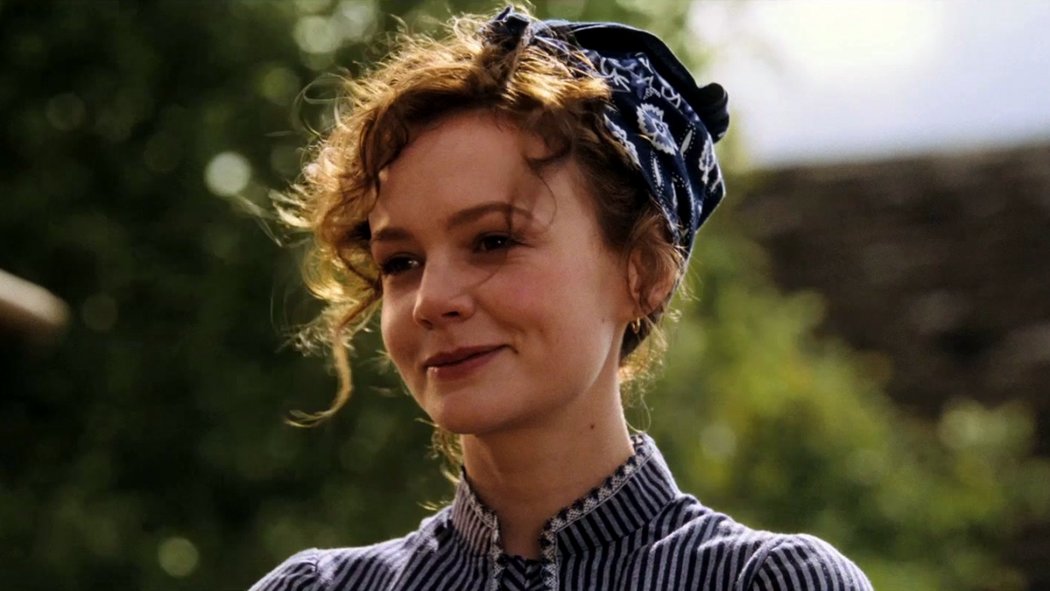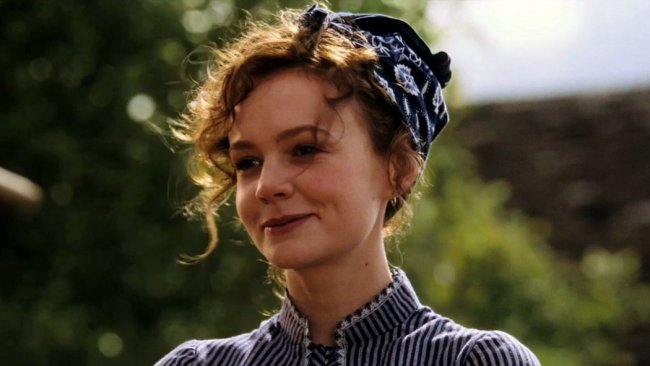Carey Mulligan Wants to Spread Awareness About Dementia and Harmful Portrayals of the Disease


Anyone who’s seen their loved ones suffer from dementia knows how painful and devastating those symptoms can be, something Carey Mulligan recently opened up about to start a larger dialogue of awareness and understanding.
As a guest host on BBC Radio 4‘s Best of Today, Mulligan talked about her 91-year-old grandma Nans, who was diagnosed with dementia in 2004. The actress described family visits to her grandma’s assisted living home in Wales and how they can be both heartbreaking and “magical,” especially when they share music her grandma taught her as a child.
The actress then turns to how she sees the disease being represented and talked about in media, especially insensitive portrayals, saying, “It gets tiresome hearing dementia being the butt of a joke. I think there’s a general misunderstanding that in a lot of areas that dementia is a natural part of aging or it’s just something that happens to you when you get older.” While films can be a valuable way to educate viewers on effects and symptoms, painting an inaccurate image can do more harm than good, or worse, turn them a source of spectacle or a punchline. (You can check out Alzheimer Europe for further reading on inconsistencies in film or Swinnen and Schweda’s Popularizing Dementia.)
Mulligan goes on to talk about how the ableist language specifically around mental illness is stemmed in these misunderstandings and further stigmatizes those living with dementia:
I used to grow up hearing a lot of people referring to their grandparents having ‘lost their marbles,’ which is of course something that we’d never say about somebody who’d had cancer or heart disease.
I think the understanding that dementia is a disease — it’s a disease of the brain, there are lots of different kinds of dementia, Alzheimer’s is one of them –and just spreading that awareness so that people really understand that this is a disease we have to fight.
The actress’ words reflect a very upsetting truth when it comes to the dialogue around dementia. In 2014, psychologist Elizabeth Peel studied depictions of dementia and Alzheimers in the United Kingdom, spoke to families, and found that representing the illness in “catastrophic terms as a ‘tsunami’ and ‘worse than death,’ juxtaposed with coverage of individualistic behavioural change and lifestyle recommendations to ‘stave off’ the condition” built a narrative of “panic-blame” that is ultimately detrimental to both those diagnosed and their families.
This conversation is a hard one, especially because it’s oftentimes a very personal one. I hope Mulligan spreading awareness will open up more of those discussions, because they are so very important.
(via Motto, Image via Fox)
Want more stories like this? Become a subscriber and support the site!
—The Mary Sue has a strict comment policy that forbids, but is not limited to, personal insults toward anyone, hate speech, and trolling.—
Follow The Mary Sue on Twitter, Facebook, Tumblr, Pinterest, & Google+.
Have a tip we should know? [email protected]